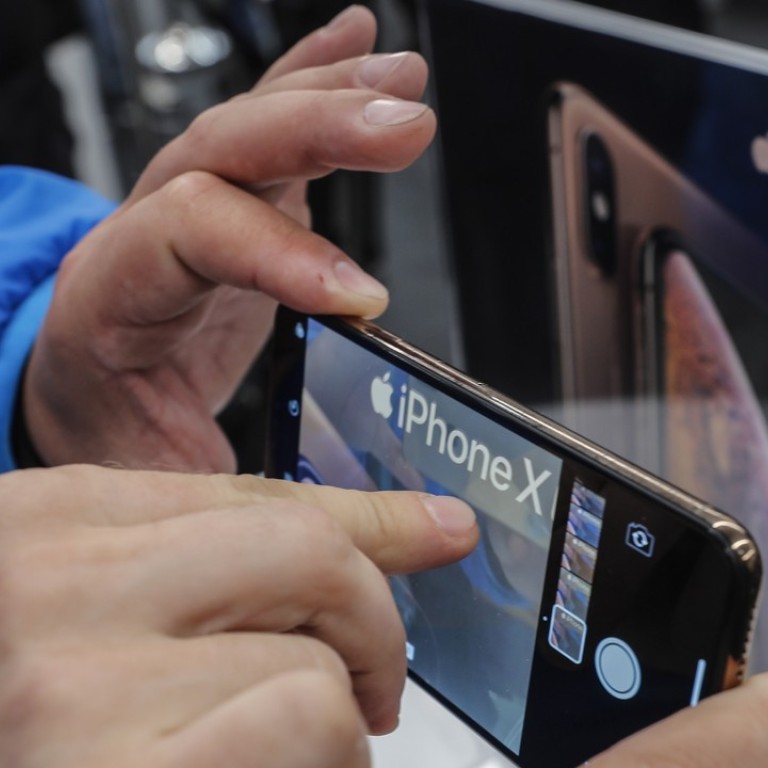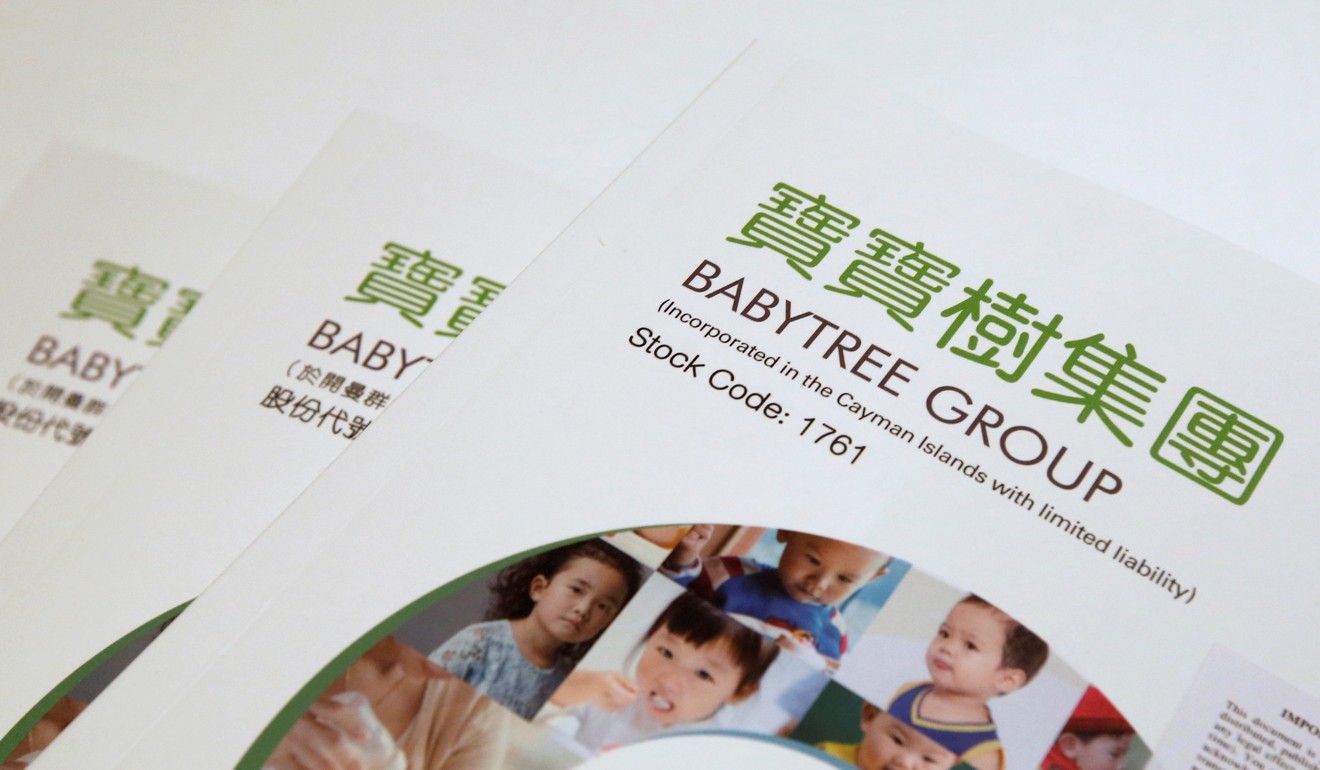
Exclusive | iPhone glass supplier Biel Crystal postpones US$1.5 billion Hong Kong listing amid market rout
-
Biel Crystal Manufactory said it will hold off on its US$1.5 billion Hong Kong initial public offering amid the current downbeat market conditions
Biel Crystal Manufactory, a key iPhone component supplier with factories in Shenzhen and Huizhou, has decided to push back its US$1.5 billion Hong Kong initial public offering because of the recent sell-off in the equities market.
“We have decided to postpone the listing plan amid concerns that the sell-off could affect its pricing, the valuation and the flotation size,” said Yeung Kin-man, chairman of Biel Crystal, the world’s largest smartphone glass cover maker.
“The Hang Seng Index fell from the peak level of 33,000 to 26,000 now. What’s the point to list now? “ Yeung said in a phone interview with the South China Morning Post on Friday.
Infographics: Anatomy of an iPhone – what’s in it and where the parts come from
The multi-year upwards trend of the Hong Kong stock market reversed course in January amid an outlook that includes higher US interest rate and an escalating trade war between the world’s two largest economies. The Hang Seng Index has retreated 12.5 per cent since the beginning of the year.
As market conditions deteriorate, companies that push ahead with their share listings are likely to need to scale back the flotation size.
For instance, Babytree Group, China’s biggest parenting platform operator, last week announced it had slashed the size of its Hong Kong IPO by more than 70 per cent as investors’ demand for new shares fades.

The online parenting platform backed by Alibaba Group Holding and Fosun International, among other investors, said it plans to raise as much as HK$2.2 billion (US$282 million) from the first-time sale of up to 250.3 million shares in Hong Kong, according to its listing prospectus. It had been reported earlier that up to US$1 billion was expected to be raised in listing.
Underscoring the negative fundraising climate in Hong Kong, in recent times a majority of new listings have underperformed in debut trade.
Since July, nearly 60 per cent of IPOs have ended first-day trade below their offer prices.
Biel Crystal’s decision to postpone its listing also comes after Apple’s US-traded shares sank last week, amid deepening concerns about sales of new iPhones after some of its key suppliers, such as Japan Display, which suppliers screens for the iPhone XR, cut earnings estimates for its financial year ending in March.
Biel Crystal ranks as Apple’s biggest supplier of touch-sensitive smartphone screens, with its components appearing in more than 50 per cent of iPhone and Apple Watch products sold around the world.
Yeung said weaker-than expected sales of the latest iPhones were likely to negatively affect the company’s shipments to Apple.
“But Apple is not the company’s sole client. We have other clients such as Samsung and Huawei,” said Yeung, adding that the company’s annual revenue remains stable at around 35 billion yuan (US$5.05 billion) to 36 billion yuan.
“We will monitor the market condition next year. If it recovers, we will reconsider the listing plan,”
Yeung said.
He added that the company had planned to raise US$1.5 billion through the proposed listing.
“Our business will run as usual despite the postponement. We are cash rich and debt levels are low.”
Revenue was about 36 billion yuan in 2016 and in 2017, respectively, with gross profit margin in the double digits, said Yeung. His company has more than 130,000 employees, located mostly in Shenzhen and Huizhou in Guangdong province.
Yeung said the ongoing US-China trade war has not dealt a blow to the company’s business as iPhone and its components are not yet on the US tariff list of Chinese-made products.
Alibaba is the owner of the South China Morning Post.

